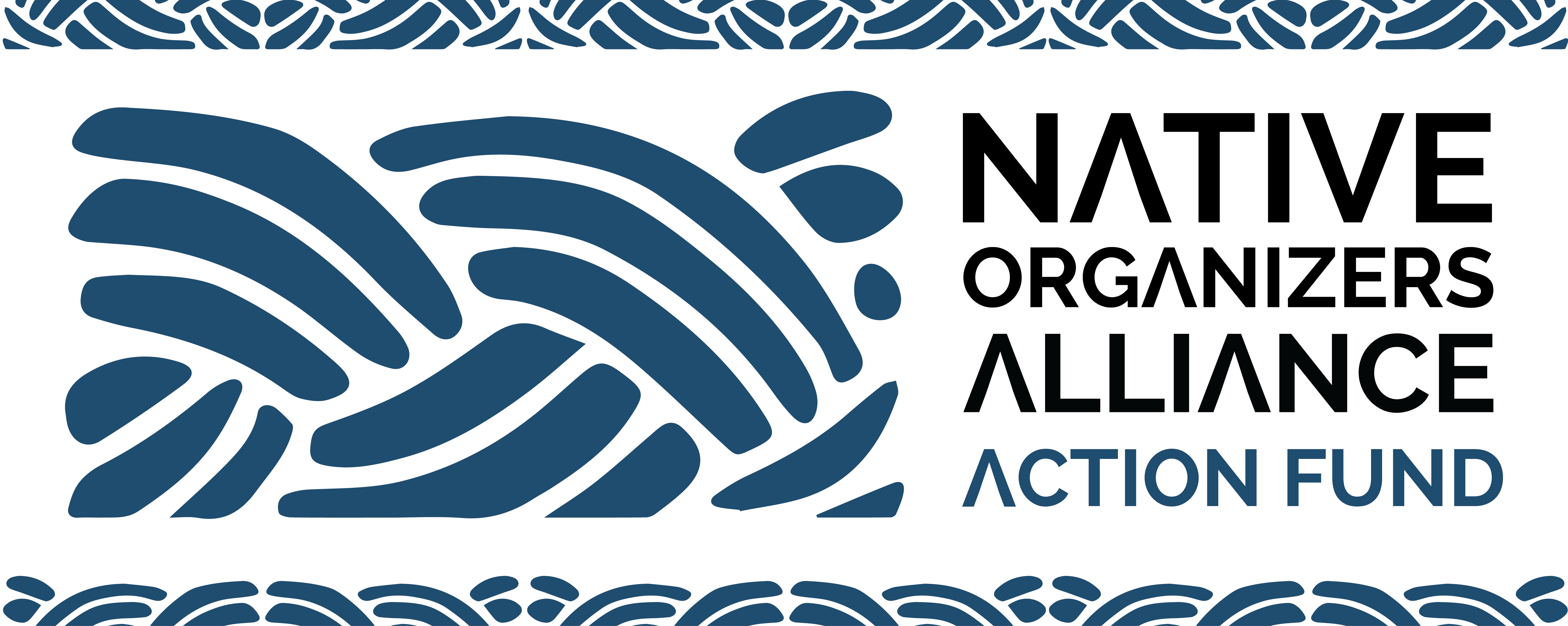
Friend,
For centuries, Native children have been forcefully separated from their families, communities, and cultures.
Indigenous activism secured the passage of the Indian Child Welfare Act (ICWA), which prioritizes keeping Native children in their communities. This connection to their culture and identity is essential for children’s well-being and their sense of belonging. Child welfare experts agree the gold standard for all protective child services is maintaining ties to extended families and communities.
After 44 years of ICWA being implemented across the US, ICWA has been an important step forward in breaking a long cycle of oppression, and promoting cultural continuity.
But now ICWA is under threat. Earlier this month, our Native communities and allies gathered at the Supreme Court to demonstrate support for ICWA during oral arguments in a crucial court case that will determine the future of this critical law.
This year, at the request of Secretary Deb Haaland, the Department of the Interior released a report detailing how U.S. Indian Boarding Schools abused generations of children, including solitary confinement and forced hair cutting.
For many Indigenous communities, hair is sacred, which added to the pain and trauma upon a recent announcement from Harvard University’s Peabody Museum : that they have hair from 700 Native children who were forced into boarding schools.
As a Resident Fellow of the Institute of Politics at the Harvard Kennedy School, I’m standing with Native students on campus who are experiencing trauma and who want to hold the institution accountable.
This horrific legacy continues in the present as part of the U.S. foster care system, where many Native children are still stolen from their families and communities.
Hawwih (thank you in Caddo),
Judith Le Blanc (Caddo)
Executive Director.
Aucun commentaire:
Enregistrer un commentaire